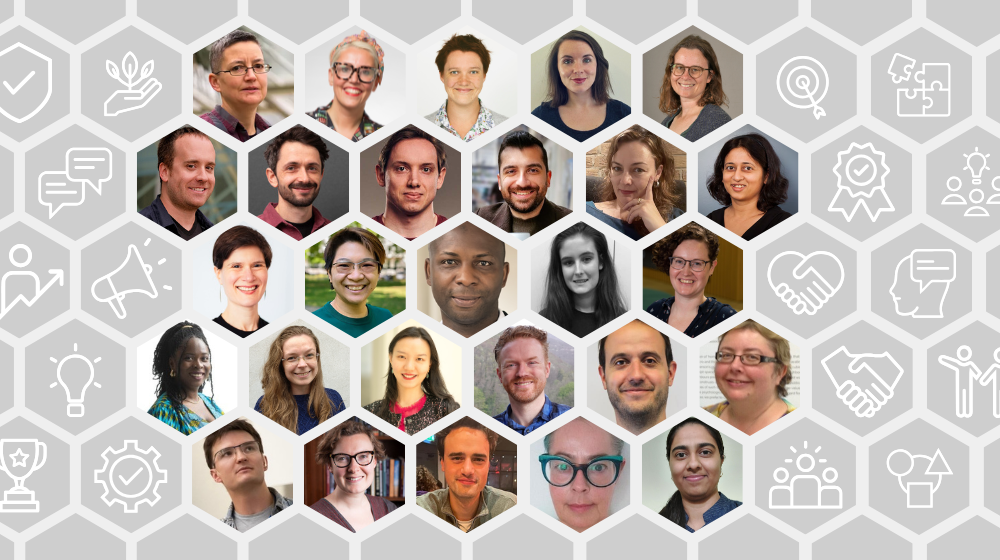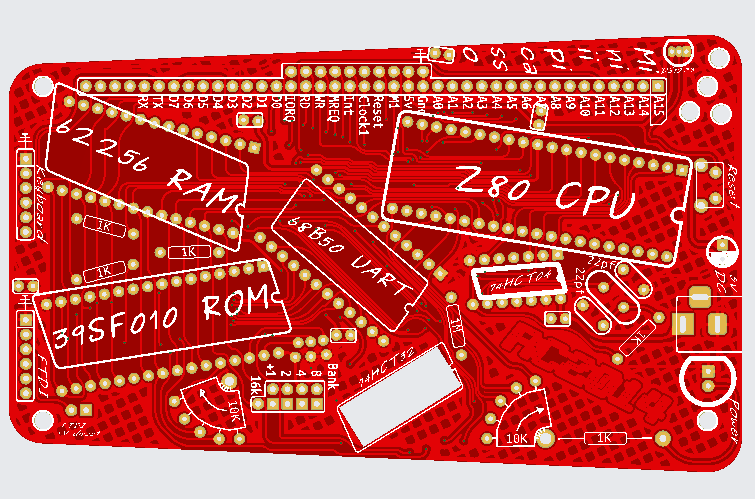Better Hardware, Better Research
April 9, 2025
Overview
- Software Sustainability Institute Fellowship for 2025
- Open Source Hardware for Environmental Monitoring^WSensing
- UKCEH course on Field Electronics and Sensors
- Short-term problems, long-term aspirations
The SSI Fellowship Scheme
- Not just for Research Software Engineers
- Focus on community building and organising
- £4000 budget available for expenses
- Doesn’t, however, cover one’s time
- 2025 Fellowship Cohort

Field electronics and sensors
- In-house Field electronics and sensors training
- Developed originally by Milo Brooks in Bangor
- Delivered by Rob Nicoll and Neil Mullinger in Edinburgh
- Intensive two days, beginner-friendly

Course curriculum
- Electrical and electronic theory
- Breadboard practise, measurement with multimeter
- Soldering practise, kit building
- Working with the Arduino IDE
- LoRaWAN intro, publishing to Things Network
- Construction and weatherproofing
Course takeaways
- It’s a really good, densely-packed course
- I need to run through it all again on my own!
- Invaluable tips from field service experience
- Beautiful simplicity of some of the sensing techniques
- Subtleties of interpretation in dataloggers

A real strength for UKCEH
- UKCEH has a lot of good people doing this work
- Instrument and field engineers, and also researchers
- Engineering Workshop skills and tools in Wallingford

A paper based on an Engineering Workshop prototype
“Better Hardware, Better Research”
- Better Software, Better Research
- Better Training, Better Production, Better Software
- Better Access, Better Review, Better Software
- Better Recognition, Better Software
- Better Funding, Better Software
- Better Software, Better Science

How can these principles apply to research hardware?
- Proposal to coordinate a workshop series
- Bring together field researchers and hackerspace inventors
- Collaborative, craft-based workshop model
- Deepen connections to the Open Science Hardware community
Open Science Hardware
- Gathering for Open Science Hardware - active community
- Audiomoth - Open Acoustic Devices - fieldwork in UKCEH by Jenna Louise Lawson
- AMI System built by the Engineering Workshop, code by Alba Gomez Segura
- LabCrafter - UK startup creating “Open tools for open science”

Open Source Hardware in general
- OSHWA - Open Source Hardware Association
- Open Hardware Summit
- Wuthering Bytes Festival which includes a one-day “OSHCamp”
- My Bike’s Got LED - example OSHWA-certified project
- RC2014 Mini II Picasso - community around a kit, with joy!

Theorising - the up side
- Sensor “innovation” by bringing research questions to inventors
- Cheaper, more accessible and reproducible research
- Unexpected science by collecting many kinds of sensing
- Join more dots between “citizen science” and long term monitoring
- Funders can build in incentives, as they do for open data and code
Theorising - the wider upside
- Low-power, local networking for sustainability and resilience
- Monitoring information where it can be acted upon
- Business generation for small fabricators / factories
- Skills development and traininng with many applications
- Decomputing
Theorising - the down side
- Yet More Data and data waste
- Data First, Questions Later
- Certification and SLAs need more social infrastructure
- Unintended monitoring purposes and data privacy
- …
Theorising - the future
- It’s easy to end up at more instrumentation and surveillance of living things
- Spread of industrial control systems into more of our environment
- Investment flooding towards AI, where there are simpler alternatives
- Consideration of whose hands the data and techniques are in
- Alternatives to putting it all on the internet?